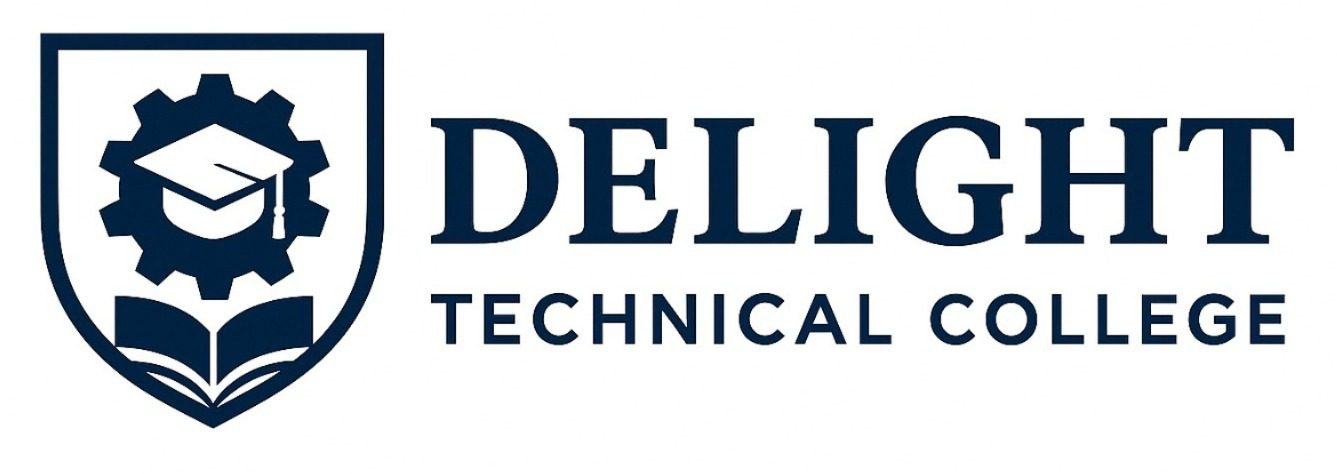Sewing Machine Mechanic for the Clothing Industry: The Hidden Engine Behind Fashion
In the world of fashion and garment production, most attention goes to designers, tailors, or fabric choices. However, behind every well-stitched seam and mass-produced collection is an essential but often overlooked professional: the sewing machine mechanic.
Without skilled sewing machine mechanics, the clothing industry would grind to a halt. These professionals ensure that industrial sewing machines operate efficiently, safely, and continuously, especially in fast-paced environments like garment factories, tailoring workshops, and mass production units.
In this article, we’ll explore why sewing machine mechanics are indispensable in the clothing industry, what their job involves, and how businesses benefit from regular machine maintenance.
Who Is a Sewing Machine Mechanic?
A sewing machine mechanic, also known as a sewing technician or industrial sewing machine engineer, is a trained professional who:
- Installs, maintains, and repairs sewing machines
- Adjusts machine settings for specific materials or stitches
- Diagnoses operational problems (e.g., thread tension, timing, motor issues)
- Keeps machinery in compliance with safety and manufacturing standards
They work with various machines, including:
- Lockstitch machines
- Overlock/sergers
- Buttonholers and bartack machines
- Chain stitch and coverstitch machines
- Computerized/automated sewing units
Why Are Sewing Machine Mechanics Critical in the Clothing Industry?
- Maximize Production Efficiency
In clothing factories and tailoring workshops, downtime equals lost revenue. Even a small issue like a broken needle or misaligned tension disc can halt production lines. Skilled mechanics:
- Perform proactive maintenance to prevent breakdowns
- Quickly troubleshoot and fix issues
- Keep machines running smoothly for high-speed output
Their work ensures that factories meet delivery deadlines and maintain production flow.
- Extend Machine Lifespan
Industrial sewing machines are a major investment for any garment manufacturer. Without regular service, even high-end models can deteriorate. Sewing machine mechanics help:
- Lubricate moving parts to reduce wear
- Replace worn-out components (e.g., feed dogs, bobbin cases)
- Calibrate timing and feed mechanisms
- Keep computerized systems updated and functional
Routine maintenance dramatically extends the life of machinery, saving businesses from expensive replacements.
- Ensure Stitch Quality & Product Consistency
Uneven stitches, skipped threads, or puckered seams are often due to mechanical issues. A sewing machine mechanic ensures:
- Correct needle, presser foot, and thread setup
- Proper machine settings for different fabrics (denim, silk, knit, etc.)
- Precision in stitch length, tension, and speed
This consistency is vital for quality control and brand reputation in clothing production.
- Adapt Machines for Specialized Tasks
Mechanics often modify machines to perform specific tasks or handle specialty fabrics. For example:
- Adjusting a machine for extra-heavy materials (e.g., leather or canvas)
- Installing attachments for zippers, elastic, or piping
- Calibrating machines for stretch or delicate fabrics
This adaptability helps manufacturers stay competitive and versatile in a changing fashion market.
- Improve Workplace Safety
Poorly maintained machines can lead to workplace accidents—needles breaking, thread jamming, or motors overheating. A professional sewing machine mechanic:
- Ensures machines meet safety standards
- Checks guards, wiring, and emergency stops
- Trains staff on safe operating procedures
Keeping equipment safe isn’t just ethical—it’s often a legal requirement in industrial settings.
What Skills Does a Sewing Machine Mechanic Need?
To excel in this role, mechanics require:
- Deep knowledge of sewing machine models and parts
- Mechanical and electrical troubleshooting skills
- Ability to read machine manuals and blueprints
- Experience with both analog and computerized machines
- Patience, precision, and attention to detail
Many mechanics also complete vocational training, certifications, or apprenticeships in textile machinery or industrial equipment.
Who Needs a Sewing Machine Mechanic?
✅ Garment Factories – For large-scale production and machinery servicing
✅ Tailoring Shops – For regular upkeep and repairs
✅ Fashion Schools – To maintain classroom sewing labs
✅ Textile R&D Centers – To support prototype development
✅ Costume Departments – For theater, film, or custom garment work
Whether small or large, any clothing business with sewing machines needs mechanical support to stay operational and competitive.
Final Thoughts: The Backbone of Garment Production
Sewing machine mechanics may not be front and center on the fashion runway, but their expertise powers the entire clothing industry. From maintaining productivity and stitch quality to ensuring safety and sustainability, these professionals are the unsung heroes of garment making.
If you’re a clothing business, investing in a reliable sewing machine mechanic isn’t optional—it’s essential. Regular service, timely repairs, and expert adjustments will keep your operations running smoothly, your staff working safely, and your customers satisfied with every stitch.



